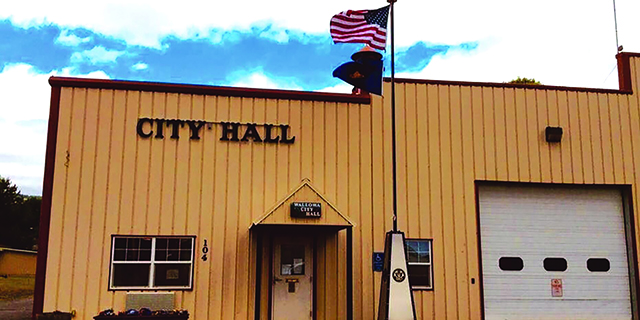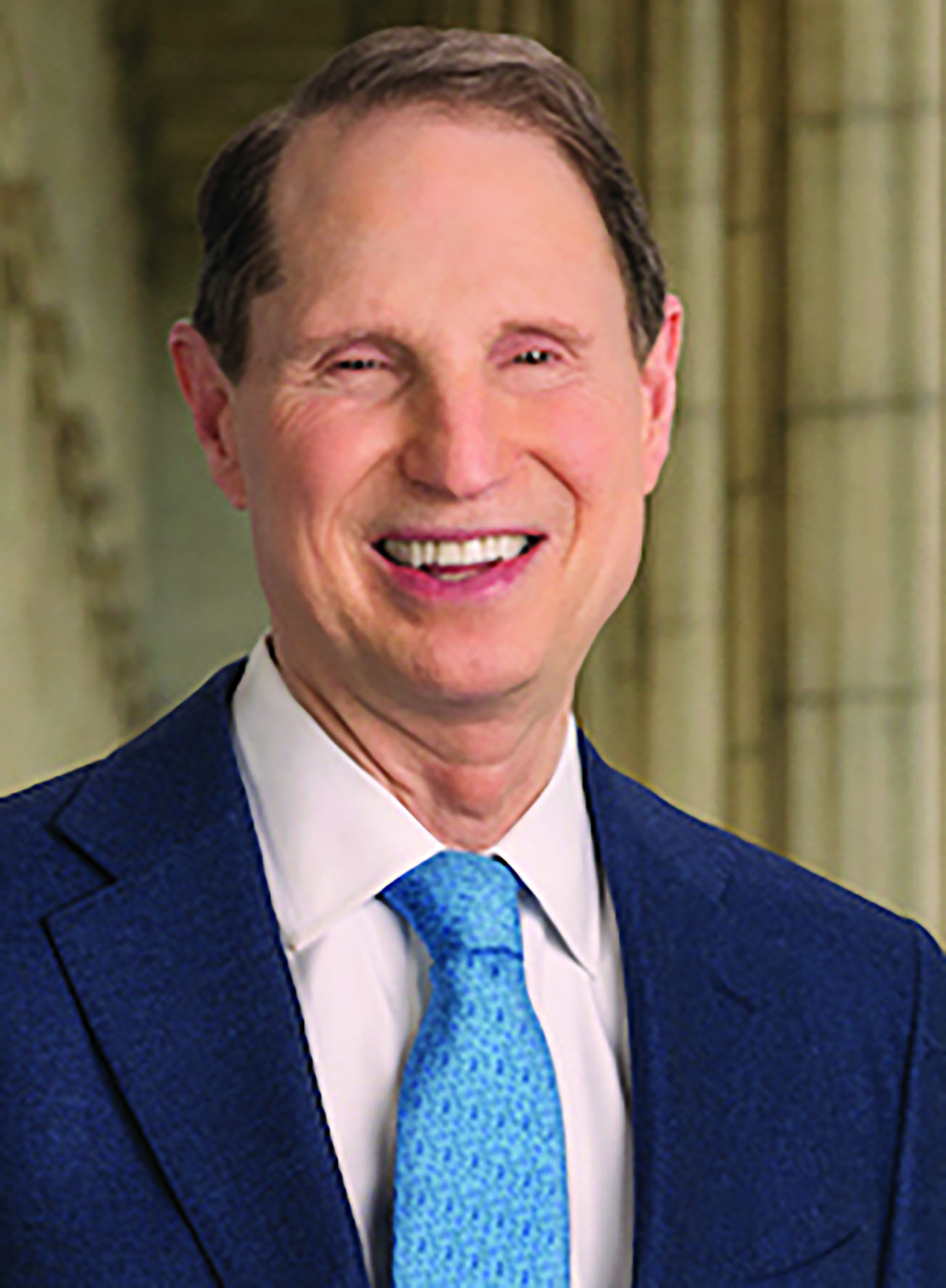Modern insights from an ancient text
Published 6:28 am Friday, November 20, 2015
In a recent Republican debate, U.S. Sen. Marco Rubio of Florida made these claims in the context of his pitch for an increased commitment to vocational education: “Welders make more money than philosophers. We need more welders and less philosophers.”
It had been my intention in this column to present arguments that included economic data that suggest that Sen. Rubio’s first remark was factually inaccurate, and then to proceed to a more philosophical analysis disputing his conclusion. But because I can claim to be both a tradesman with 38 years of experience as a carpenter/contractor and a “philosopher” by virtue of my B.A. in that discipline, I chose to mull over Sen. Rubio’s remarks for a few days before putting my thoughts to paper.
Trending
Last night, remarkably — and I believe, providentially — as I was settling into bed, I moved along in my reading to the next chapter of Ecclesiasticus, a deuterocanonical book that is accepted in the Catholic Old Testament but is not included in Protestant versions of the Bible, and was not regarded as scriptural by the ancient Jewish Synagogue. As such, it might be viewed by some readers as a wisdom writing or a work of philosophy. The book was written in Hebrew and was translated into Greek by the author’s grandson in 132, B.C. It was attributed to Jesus Ben Sirach, and so it is sometimes called the Book of Sirach in Catholic versions of the Bible.
Included in Chapters 38 and 39, which were the next chapters that God had laid in my path that night, were the following passages that provide a far more thoughtful and elegant response to Sen. Rubio than I would have mustered on my own:
“So it is with the blacksmith sitting by his anvil. He considers what to do with the pig iron. The breath of the fire scorches his skin, as he contends with the heat of the furnace. He batters his ear with the din of the hammer. His eyes are fixed on the pattern. He sets his heart on completing his work, and stays up putting the finishing touches.”
“All these (workmen and craftsmen, such as the plowman, blacksmith and potter) put their trust in their hands, and each is skilled at his own craft. A town could not be built without them. There would be no settling, no traveling. But they are not required at the council. They do not hold high rank in the assembly. They do not sit on the judicial bench, and have no grasp of the law. They are not respected for culture or sound judgment, and are not found among the inventors of maxims. But they give solidity to the created world, while their prayer is concerned with what pertains to their trade.”
“It is otherwise with the man who devotes his soul to reflecting on the Law of the Most High. He researches into the wisdom of all the Ancients. He occupies his time with the prophecies. He preserves the discourses of famous men. He is at home with the niceties of parables. … He enters the service of princes. He is seen in the presence of rulers. He travels in foreign countries. He has experienced human good and human evil.”
“If it is the will of the great Lord, he will be filled with the spirit of understanding. He will shower forth words of wisdom, and in prayer give thanks to the Lord. He will grow upright in purpose and learning. He will ponder the Lord’s hidden mysteries.”
Trending
“If he lives long, his name will be more glorious than a thousand others, and if he dies, that will satisfy him just as well.”
“All the works of the Lord are good, and He will supply every want in due time. You must not say, ‘This is worse than that,’ for everything will prove its value in its time. So now, sing with all your heart and voice, and bless the name of the Lord.”
I invite you to read further in Ecclesiasticus, and to ponder for yourselves.
John McColgan majored in Philosophy as well as Government at the College of William and Mary. He writes from his home in Joseph.









